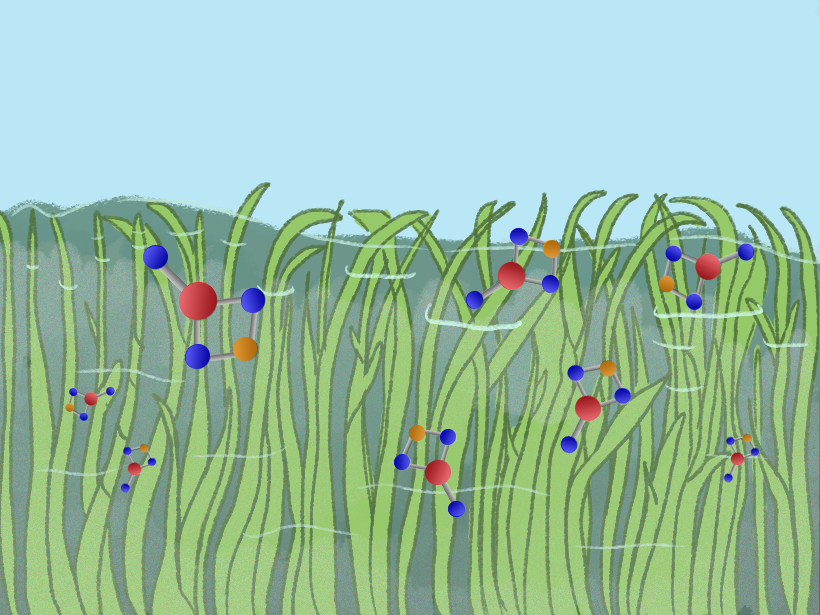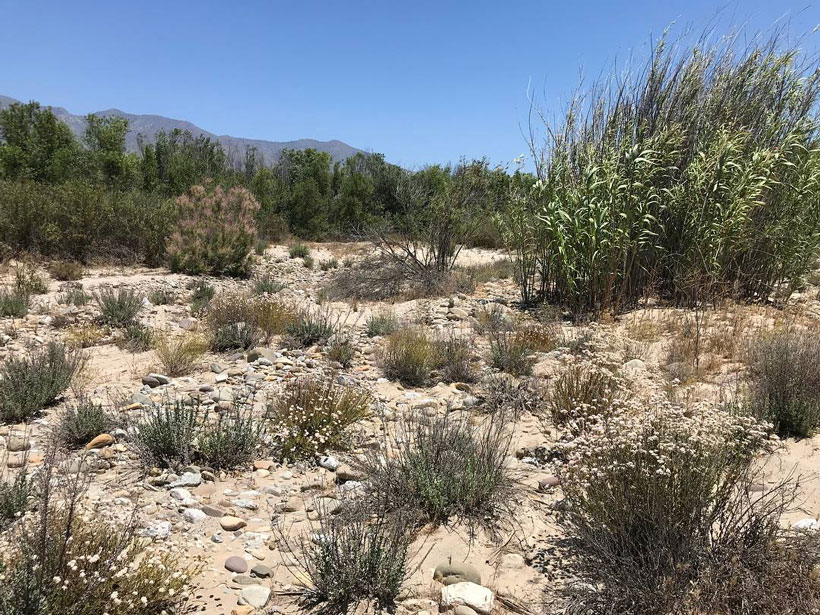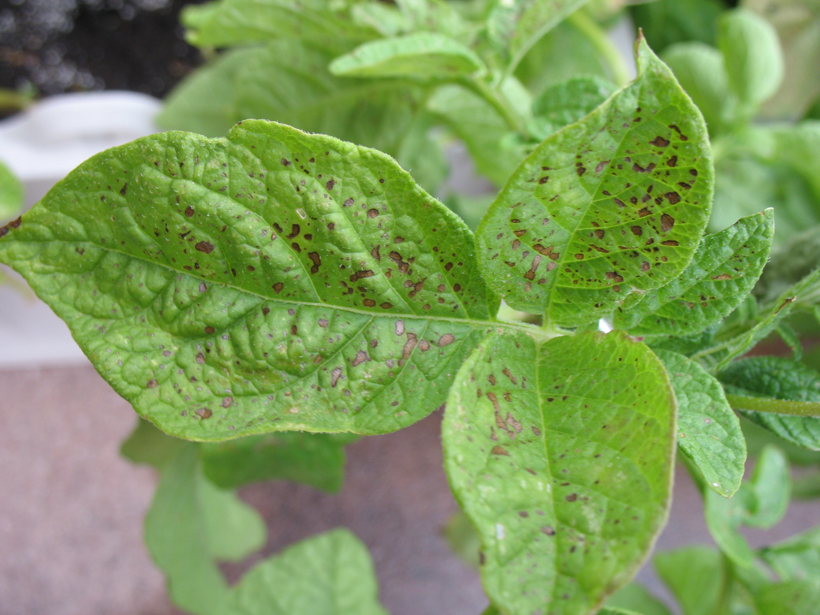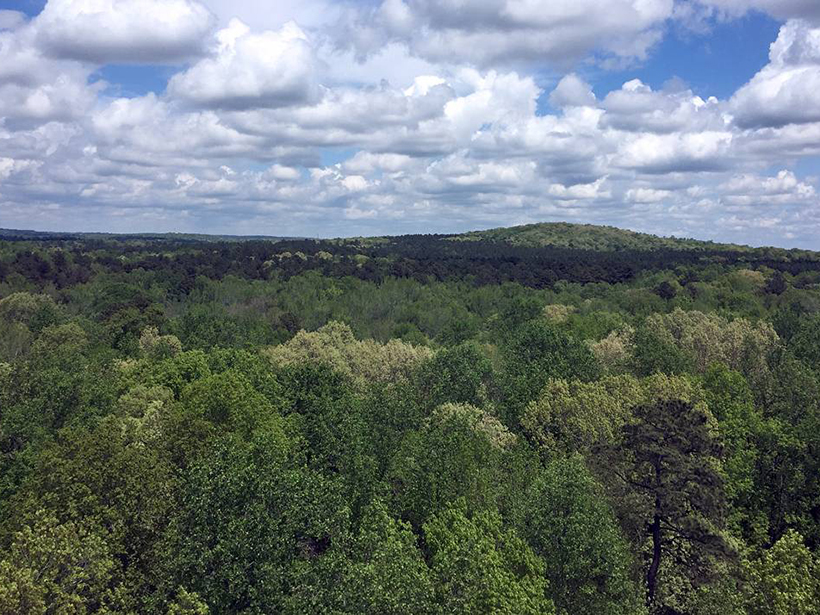An analysis of nearly 1,400 wildfires suggests that some postfire techniques used to help restore vegetation may be unnecessary.
plants
Aquatic Plants May Help Chesapeake Bay Resist Ocean Acidification
In freshwater vegetation flats upstream of the Chesapeake, chemical reactions create molecules that raise pH levels in the bay.
Mapping Vegetation Health Around the World
A new spaceborne sensor monitors Earth’s surface temperature at a resolution higher than ever before, providing information on ecosystem responses to changes in water availability and climate stressors.
How Does a Greening Arctic Affect Groundwater Recharge?
New research examines how shifts in aboveground ecology influence belowground hydrology in the Arctic.
Removal of Ozone Air Pollution by Terrestrial Ecosystems
Tropospheric ozone is removed at Earth’s surface through uptake by plant stomata and other nonstomatal deposition pathways, with impacts on air pollution, ecosystem health, and climate.
Reforestation as a Local Cooling Mechanism
Reforestation has been shown to cool surface temperatures, and a novel study suggests it may also reduce air temperature up to several stories above the ground.
Climate Change Will Reduce Spanish Olive Oil Production
Increased droughts will reduce southern Spain’s olive oil output by 30% before the end of the century.
Early Sprouting of Leaves Enhances Northern Hemisphere Warming
As leaf out has been advancing 4–5 days per decade, scientists say the effect of vegetation on climate remains poorly understood.
New England Forests Were Historically Shaped by Climate, Not People
A first-of-its-kind study combining paleoecology and archeology indicates that the New England landscape was not actively managed with fire prior to European arrival.
Wildfire Smoke Boosts Photosynthetic Efficiency
Wildfires can destroy large tracts of vegetation. But their smoke plumes may help crops and other plants use sunlight more efficiently.










